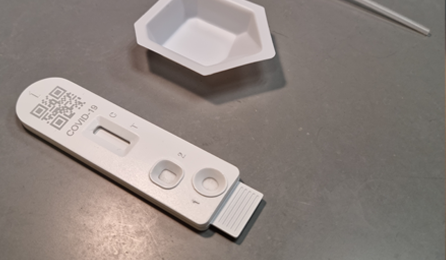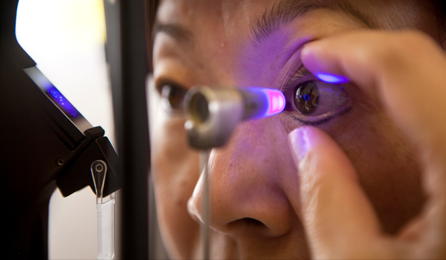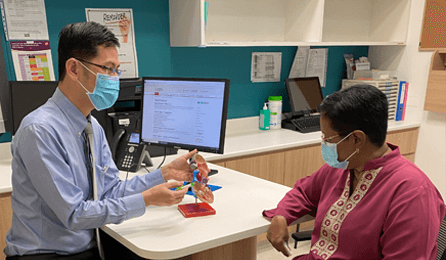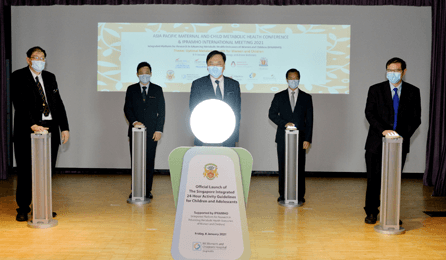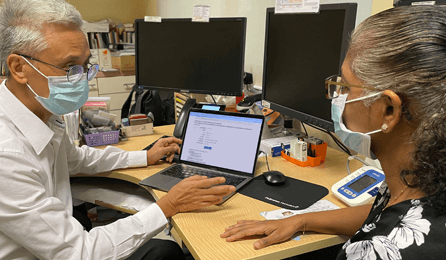Advancing metabolic health in women and children
Singapore’s first Integrated Platform for Research in Advancing Metabolic Health Outcomes in Women and Children (IPRAMHO), based in KKH, launched two evidence-based, integrated 24-hour activity guidelines for children of all ages. The guidelines developed by KKH aimed to prevent and reduce the risks of metabolic diseases in children and women by optimising the continuum of care from pregnancy to childbirth, infancy to childhood, and adolescent to adult.
The activity guidelines for children under seven years of age set a strong foundation for healthy lifestyle behaviours and good long-term health outcomes in young children; while the activity guidelines for children and adolescents aged seven to 18 years of age aim to standardise advice on physical activities, screen time, eating habits and sleep, to improve health and promote the adoption of healthy lifestyle habits.


